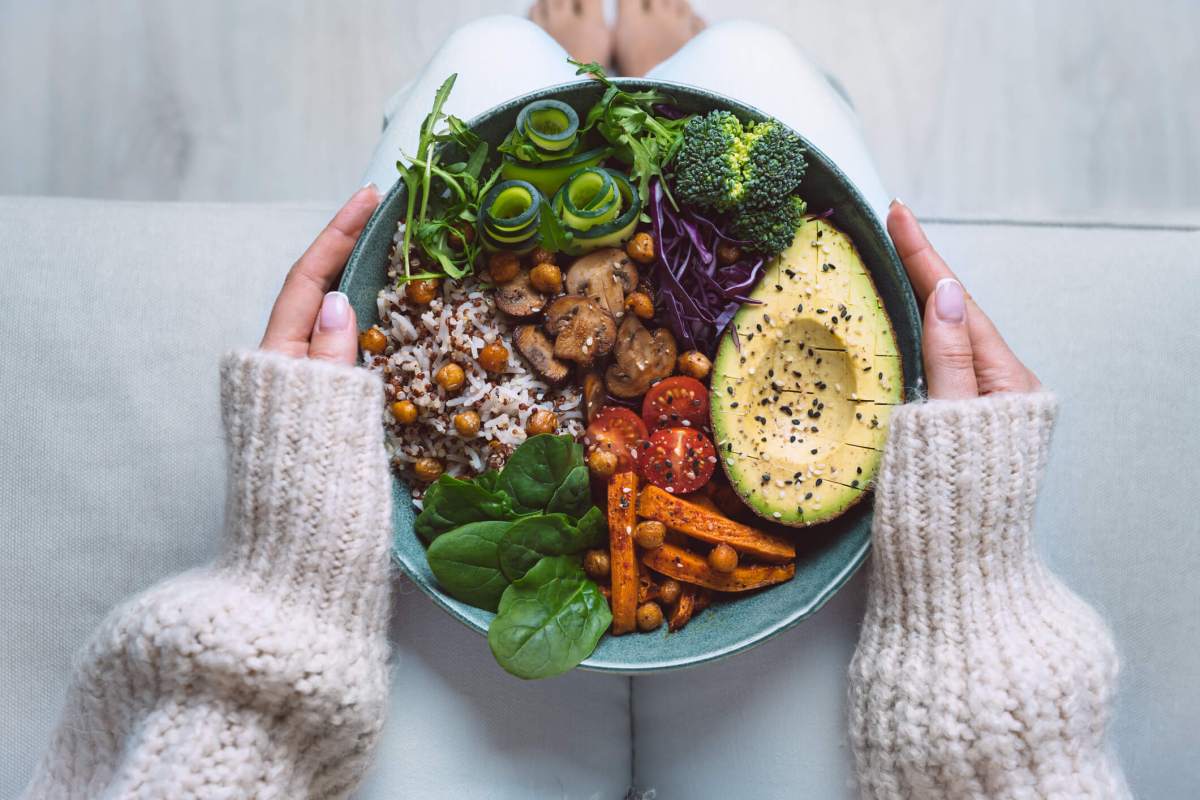It’s never too late to give your nutrition health and wellness style a makeover. Experts say healthy food and smart, balanced lifestyle habits are key to achieving optimal health.
You Can Always Start Focusing on Health
Make a heartfelt, long-term commitment to improving your health regardless of your age or health status.
“It is never too late to start making healthier choices and building healthier habits,” says Shana Maleeff, registered dietitian/owner, Long Island-based FoodandFitnessPro. “At any age, people can see improvements in their blood sugar, blood pressure, or cholesterol levels.”
Strength training—and exercise in general —are recommended for all and is critical for the older population, she notes.
Consistency is key. “A healthy lifestyle is long term, not a fad,” Maleeff says.
A start-and-stop diet can lead to “decreased metabolic efficiency, unstable cholesterol, blood pressure, or blood sugar levels, and ongoing frustration due to lack of progress,” she warns.
Establishing good habits take time and practice, says Thomas Gatto Jr., registered dietician and founder and owner of Long Island-based TG Nutrition Coaching.
Creating actionable goals and recording your efforts in a food journal “builds accountability and can help you see trends in your eating habits and how it is affecting your weight,” he says.

Making Your Health Goals SMART
Make your goals SMART — Specific, Measurable, Attainable, Relevant and Time-Bound, advises Gatto.
“A SMART goal would be ‘I plan to eat three servings of veggies per day for the following week,” he adds.
“I will consume one serving at lunch and two at dinner. I will go shopping every Saturday for vegetables to make sure I have enough in my environment to achieve my goal.’”
Eating healthy should be convenient and eating junk food a chore.
Keep fruits and veggies, etc. on hand and unhealthy food at bay, Gatto says.
“If you do not buy them anymore, they are out of your environment and easier to say ‘no’ to,” he says.
Types of Health Foods to Include in Your Diet
Healthy food options include lean protein like eggs, egg whites, lean meats, and fish, and more natural foods like nuts, seeds, dairy and whole grains.
The fewer ingredients the better. Avoid processed foods.
Don’t let food allergies or sensitivities get in the way of accomplishing your goals, says Greer McGuinness, a Long Island registered dietitian. Educate yourself.
McGuiness suggests learning how to read food labels and most common hidden sources of this food item.
“This will make it easy for you to know ingredients to find the right food items and make eating out a little easier,” she says.
Join Health-Focused Online Communities
Plan ahead, too.
Joining a Facebook group, downloading a food allergy-themed app or even looking on Pinterest can inspire ideas for safe, healthy and unique food options, McGuiness suggests.
This advice would also serve well for anyone looking to gain better insight and control over their food options.

































